French Tunisia postage stamps year 1890/1940 Collection
French Tunisia refers to the period from 1881 to 1956 when Tunisia was a French protectorate. This era began when France established control over Tunisia following the signing of the Treaty of Bardo (also known as the Treaty of Ksar Said) on May 12, 1881, and lasted until Tunisia achieved independence on March 20, 1956. Here are some key points about this period:
Establishment of the Protectorate
- Background: Prior to French control, Tunisia was part of the Ottoman Empire but enjoyed considerable autonomy under the Husainid dynasty. The late 19th century saw increased European influence and intervention in North Africa, with France, Italy, and Britain competing for dominance in the region.
- Treaty of Bardo: The French used a combination of military pressure and diplomatic maneuvering to impose the Treaty of Bardo on the Bey of Tunis, Sadok Bey. This treaty established a French protectorate over Tunisia, where the Bey remained as the nominal ruler, but real power was held by the French Resident-General.
Administration and Impact
- Governance: The French established a dual system of administration. While the Beylical government continued to exist, real authority was vested in the French Resident-General, who oversaw the administration, military, and finances. French officials often dominated key positions, sidelining the local Tunisian elite.
- Economic Changes: The French introduced new agricultural techniques, infrastructure projects (such as roads, railways, and ports), and promoted the cultivation of cash crops like olives and grapes. However, this often led to the displacement of local farmers and favored French settlers.
- Cultural Influence: The French language and culture were promoted, especially in education and public administration. Many Tunisians adopted French customs, but there was also significant resistance and efforts to preserve Tunisian identity and Islamic traditions.
Resistance and Nationalism
- Early Resistance: Initially, resistance to French rule was sporadic and often led by local tribal leaders. Over time, opposition became more organized and politically sophisticated.
- Rise of Nationalism: The early 20th century saw the rise of the Tunisian nationalist movement. Groups like the Destour (Constitution) Party, founded in 1920, and later the Neo Destour (New Constitution) Party, founded in 1934 by Habib Bourguiba, played significant roles in mobilizing public opinion against French rule.
- World War II and Aftermath: During World War II, Tunisia was briefly occupied by Axis forces, leading to further instability. After the war, nationalist demands for independence intensified, leading to negotiations between French authorities and Tunisian leaders.
Independence
- Path to Independence: Negotiations in the early 1950s between the Neo Destour Party and French officials eventually led to significant political reforms and the gradual transfer of power to Tunisian leaders.
- Independence Achieved: On March 20, 1956, Tunisia officially gained independence from France, with Habib Bourguiba becoming the country’s first Prime Minister and later its first President.

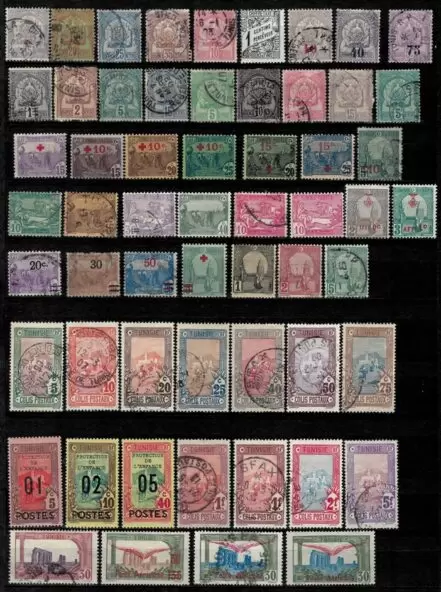
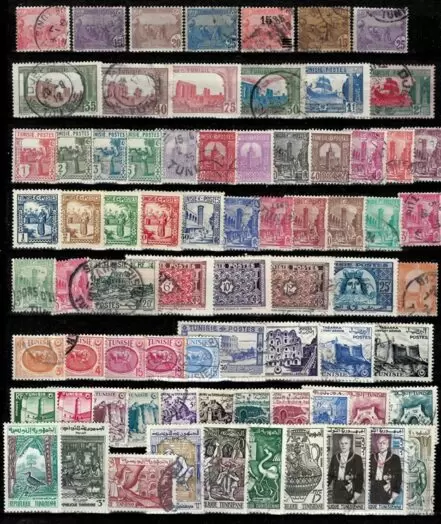
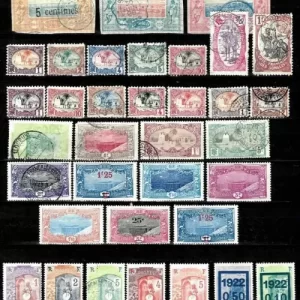





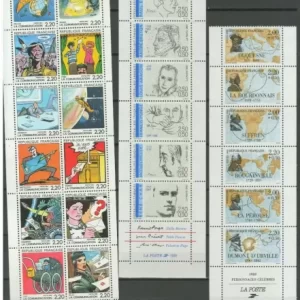
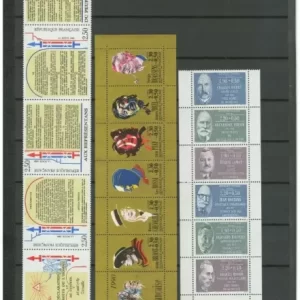

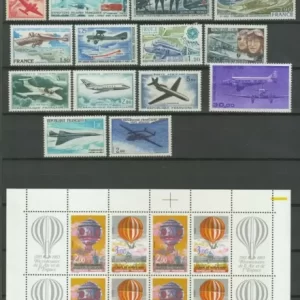

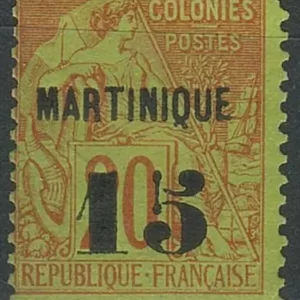
Reviews
There are no reviews yet.